Tanzania
How Kijana Inuka Project Esteems Youths To Engage Self-Employment
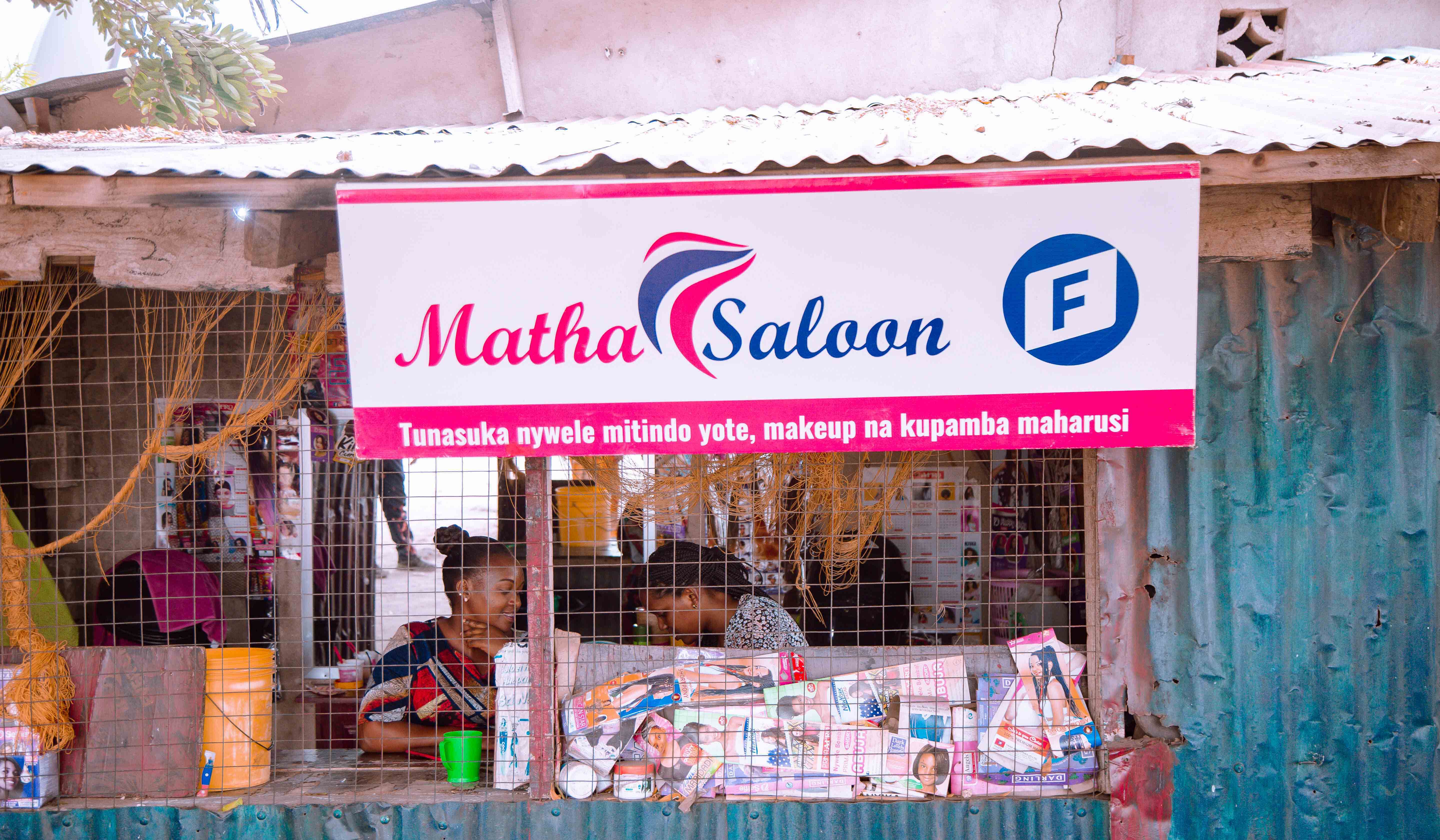
“KIJANA INUKA” meaning youth wake up or youth stand up. FNF in Tanzania is involved in a youth entrepreneurship monitoring programme. The main aim of the initiative is to identify project results and impact to small and medium entrepreneurs who were engaged in the Kijana Inuka project by conducting impact assessment to a sample of 10 SMEs in Dar es Salaam, Tanzania.
© Friedrich Naumann Foundation for FreedomWe all know that the level of skills imparted to the youth in entrepreneurship determines their ability to comprehend the concepts involved in the business operations including production, management, and marketing that is why the Friedrich Naumann Foundation for Freedom (FNF) deserves a praise on enlightening the youth (who are the majority in the population) and energetic to promote economic growth in the country.
Without hesitation, entrepreneurial education and training provides the youth with the ability to recognise commercial opportunities, self- esteem, knowledge and skills to act on them that is why it is worth praise to the FNF for focusing on some 50 Small Scale Entrepreneurs in Dar es Salaam. One of the beneficiaries of the scheme-Kijana Inuka Project in training, Razaki Salehe (27) in Chang’ombe Tabata engaging on dreadlocks knit acknowledged that he learnt a lot on how to entice customers, business language and designing his stuff in such a way that his clients/customers’ choices are met.
He added: “I like the training that gave me a lot of skills in life apart from the economic concept of it. After the training I realised that the business was sustaining me to pay rent, eke out a living, and it is a business like any other I should not take for granted. The youth today want to become associated with fashion and that is why they would opt for dreadlocks and sustain me in business... Rastas see dreadlocks as a way to keep themselves in a pure state of nature as God intended. They use the Biblical story of Samson and his vow never to cut his hair as justification. Rastas tend to wear freeform locks, allowing them to grow in random lengths and even combine together to form large, matted clumps. “Through such training, action and empowerment, youth can lead to social transformation and engagement in range of ways.”
However, whichever way one might look at it, youth entrepreneurship is important in boosting economic growth, development and addressing high unemployment (approximately twice the adult rate) in the society and we all know that young people are more likely to prefer self-employment than adults, though their rate of self employment is much less. He noted that in sustaining the training, coaching and mentoring for youth entrepreneurs it is important to develop approaches, which are friendly to the youth and make them easily penetrate the market that is awash with social media and borrowing of cultures, ideas and lifestyles, which are not necessarily Tanzanian.
KIJANA INUKA Project: Getaway For Youth To Think Business, Fight Poverty

“KIJANA INUKA” meaning youth wake up or youth stand up. FNF in Tanzania is involved in a youth entrepreneurship monitoring programme. The main aim of the initiative is to identify project results and impact to small and medium entrepreneurs who were engaged in the Kijana Inuka project by conducting impact assessment to a sample of 10 SMEs in Dar es Salaam, Tanzania.
© Friedrich Naumann Foundation for Freedom
“KIJANA INUKA” meaning youth wake up or youth stand up. FNF in Tanzania is involved in a youth entrepreneurship monitoring programme. The main aim of the initiative is to identify project results and impact to small and medium entrepreneurs who were engaged in the Kijana Inuka project by conducting impact assessment to a sample of 10 SMEs in Dar es Salaam, Tanzania.

“KIJANA INUKA” meaning youth wake up or youth stand up. FNF in Tanzania is involved in a youth entrepreneurship monitoring programme. The main aim of the initiative is to identify project results and impact to small and medium entrepreneurs who were engaged in the Kijana Inuka project by conducting impact assessment to a sample of 10 SMEs in Dar es Salaam, Tanzania.
© Friedrich Naumann Foundation for Freedom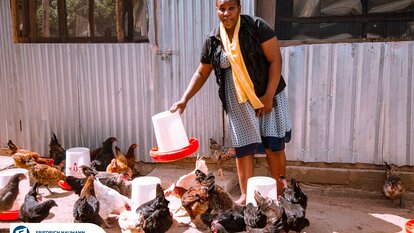
“KIJANA INUKA” meaning youth wake up or youth stand up. FNF in Tanzania is involved in a youth entrepreneurship monitoring programme. The main aim of the initiative is to identify project results and impact to small and medium entrepreneurs who were engaged in the Kijana Inuka project by conducting impact assessment to a sample of 10 SMEs in Dar es Salaam, Tanzania.
© Friedrich Naumann Foundation for Freedom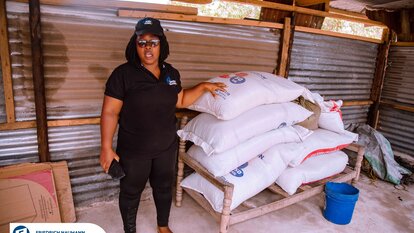
“KIJANA INUKA” meaning youth wake up or youth stand up. FNF in Tanzania is involved in a youth entrepreneurship monitoring programme. The main aim of the initiative is to identify project results and impact to small and medium entrepreneurs who were engaged in the Kijana Inuka project by conducting impact assessment to a sample of 10 SMEs in Dar es Salaam, Tanzania.
© Friedrich Naumann Foundation for Freedom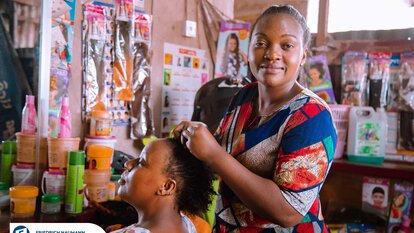
“KIJANA INUKA” meaning youth wake up or youth stand up. FNF in Tanzania is involved in a youth entrepreneurship monitoring programme. The main aim of the initiative is to identify project results and impact to small and medium entrepreneurs who were engaged in the Kijana Inuka project by conducting impact assessment to a sample of 10 SMEs in Dar es Salaam, Tanzania.
© Friedrich Naumann Foundation for Freedom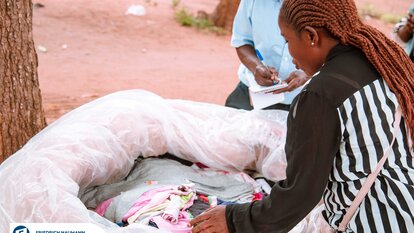
“KIJANA INUKA” meaning youth wake up or youth stand up. FNF in Tanzania is involved in a youth entrepreneurship monitoring programme. The main aim of the initiative is to identify project results and impact to small and medium entrepreneurs who were engaged in the Kijana Inuka project by conducting impact assessment to a sample of 10 SMEs in Dar es Salaam, Tanzania.
© Friedrich Naumann Foundation for Freedom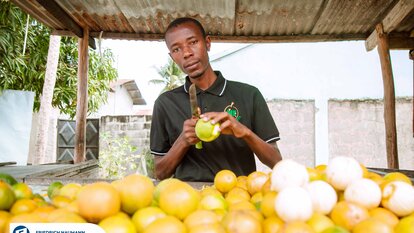
“KIJANA INUKA” meaning youth wake up or youth stand up. FNF in Tanzania is involved in a youth entrepreneurship monitoring programme. The main aim of the initiative is to identify project results and impact to small and medium entrepreneurs who were engaged in the Kijana Inuka project by conducting impact assessment to a sample of 10 SMEs in Dar es Salaam, Tanzania.
© Friedrich Naumann Foundation for FreedomAsked how he saw and advice to the youth he said: “In our next training programmes there should be a focus on developing entrepreneurial mind-sets, which means changing attitudes. The knowledge required to be an entrepreneur is not only related to professional practice in running a business, but also to skills and attitudes, and to meta qualities (for example to reflect on self-knowledge). Approaches to learning in small firms have varied over time, and these need to be taken into account. Methods of training need to be varied and can range between traditional ways of informational transfer through to interaction with peers. Formal approaches may be complemented by tacit learning with peers and networks.”
On financial entrepreneurial networks as facilitated by the FNF, he said it is important in supporting entrepreneurship of the youths as sources of motivation, ideas, information, advice, business partners, employees, and customers. Here, networks vary widely in their nature, from private networks (family and friends) through market networks (business collaborators) to identity based networks (e.g. ethnic affiliation), as well as in the strength of ties between actors. FNF focused on this networking after realising that the youth face challenges in joining networks due to lack of resources, and a lack of experience in entrepreneurship and the labour market more generally.
Specific challenges include making good links to the wider business community, balancing targeted network initiatives against competition between networks, and ensuring that network members have ownership of their network. Salehe was also of the opinion that the training has enlightened him on how run a business, because dreads are more common as a fashion in the womenfolk in comparison to men.
He learnt that for one to become sustainable and grow in business, it is important for the youth to engage with facilitators like FNF that ‘opens eyes’ and also links them in market opportunities through network. Thanking the trainers for educating him on market penetration especially through the modern digital approach of doing business, especially through phone calls, WhatAspp, brochures, leaflets, he noted that the youth prefer such ways, because they are modern ways of doing business, adding: “This is an opportunity the youth should fully tap and not take for granted.”
This article was sourced from Daily News Tanzania.
